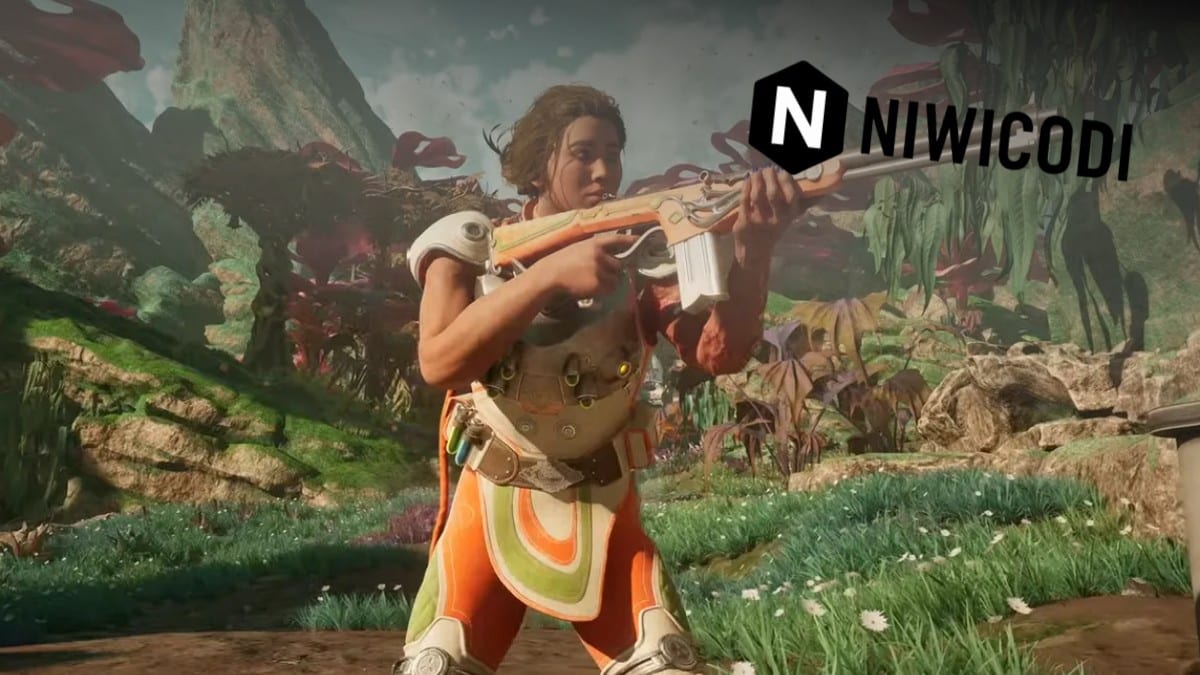The gaming world is no stranger to sequels, but The Outer Worlds 2 stands out in a crowded space. Obsidian Entertainment, a studio with a knack for crafting immersive role-playing experiences, has delivered a sequel that doesn’t merely replicate its predecessor’s success—it elevates it. Let’s delve into what makes this game a noteworthy entry in Xbox’s portfolio.
The Science Behind the Success
Obsidian has always excelled at narrative depth, but The Outer Worlds 2 takes it a step further. The game retains the humor and wit that fans loved in the original, yet introduces more nuanced storytelling. This sequel isn’t just about expanding the universe; it’s about refining it. The choices players make are more impactful, with consequences that ripple through the game’s intricate web of narratives.
Graphically, it’s an evolution rather than a revolution. The developers have leveraged Xbox’s hardware capabilities to enhance visual fidelity without losing the quirky aesthetic that defines the series. It’s a testament to how incremental improvements can significantly enrich user experience. The worlds feel more alive, with dynamic lighting and detailed environments that invite exploration.
What’s particularly interesting is how Obsidian has integrated player feedback from the first game into this sequel. They’ve refined combat mechanics and introduced new systems that add layers of strategy without overwhelming players. It’s a balancing act—making sure complexity doesn’t become a barrier to enjoyment—and they’ve managed it well. To read Keanu Reeves Could Return to Cyberpunk in a Bold New Way
While Avowed and Grounded 2 brought their own flavors to the gaming table, The Outer Worlds 2 shines because of its mastery over what makes role-playing games compelling: choice and consequence. It’s not just about what you can do; it’s about why you’d want to do it. This is where Obsidian’s experience truly shines.
In an industry often obsessed with what’s next, The Outer Worlds 2 reminds us of the power of refinement over reinvention. As we look to future releases from Obsidian and Xbox, it will be interesting to see if other studios will adopt this approach—focusing on depth and player engagement rather than just expanding universes for expansion’s sake.


